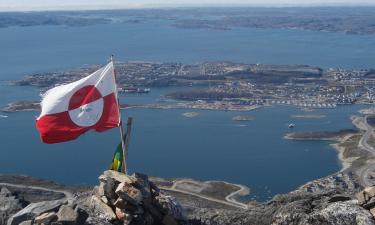Seville Summit: Immigration on the table
The issue of immigration into the European Union will be under discussion in the forthcoming EU Summit in Seville, southern Spain, next Friday and Saturday. The EU Member States are divided on how best to tackle the question, since they face different problems, receiving immigrants from a myriad of former colonies or areas of influence as the ball bounces back into Europe’s court.
Cooperation and coercion or sanctions and suspension of credit? These are the two main lines of approach proposed by the Member States on the issue of immigration. The main defenders of the hard line are the UK, Spain and Italy, countries which are experiencing an alarming increase in the successive waves of immigrants.
Portugal, on the other hand, which receives a large number of applications for residence from citizens of its former colonies in Africa and Asia and from Brazil (which gained its independence in 1822 but which maintains close ties with Portugal), is of the opinion that it is better to aid the countries which are the source of immigration than to oppress the immigrants.
The measures under discussion will be presented in two approaches: aid, or punishment. The Summit will discuss ways to help countries to control illegal immigration and will analyse financial aid packages from the EU. It will also consider obliging third countries to readmit citizens expelled from the EU and will discuss new cooperation agreements, in which clauses will be inserted which guarantee that illegal immigration will be addressed, or otherwise the contract will be rendered void. Finally, quotas fixed by EU countries regarding the Member States’ needs for immigrants will be considered.
As a preventive measure, an extra effort will be made to police the frontiers and to promote a common policy along common borders. As punitive measures, countries which do not actively fight the illegal traffic of human beings and falsification of documents may have sanctions imposed on them, such as suspension of cooperation agreements and a revision of systems of credit.
100,000 anti-globalisation activists are expected in Seville, a demonstration which has been declared illegal by the regional police authority and whose planned realisation is causing growing concern.
Timothy BANCROFT-HINCHEY PRAVDA.Ru
Subscribe to Pravda.Ru Telegram channel, Facebook, RSS!




